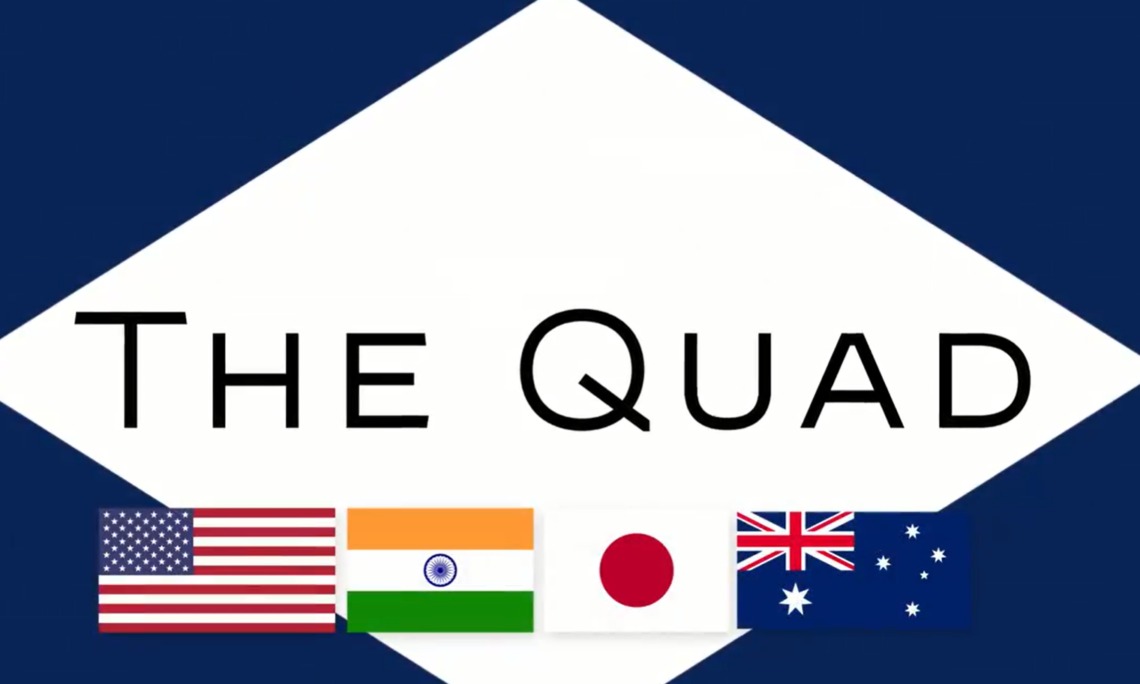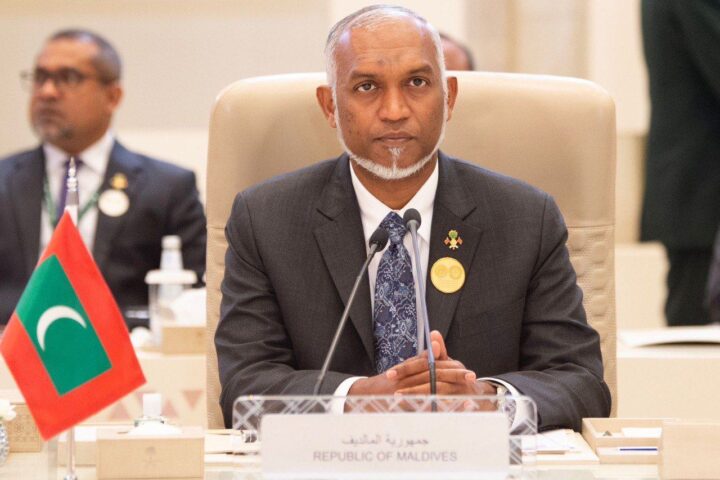In a major boost to its defense capabilities, India and the United States have inked deals worth $4 billion for the procurement of 31 Predator drones, aimed at bolstering the Indian Navy, Air Force, and Army. Signed in the presence of senior officials, the agreement also includes establishing a Maintenance, Repair, and Overhaul (MRO) facility for these drones in India. The contract, approved last week by India’s Cabinet Committee on Security (CCS), marks a significant step forward in India’s defense modernization, especially in the maritime domain.
Out of the 31 drones, 15 are designated for the Indian Navy, a clear indication of India’s growing focus on maritime security in the Indo-Pacific, where Chinese influence has been steadily expanding. The remaining drones will be split between the Indian Air Force and Army. The deal arrives on the heels of India’s increasing prominence in the Quadrilateral Security Dialogue (Quad), alongside the U.S., Japan, and Australia, which seeks to counterbalance China’s strategic footprint in the region.
The signing of this agreement sends a strong message about India’s military preparedness, particularly in the context of its leadership role within the Quad. As global powers aim to secure a “free and open Indo-Pacific,” the addition of advanced Predator drones is set to significantly enhance India’s surveillance and strike capabilities, positioning it as a formidable player in the region. The timing is also noteworthy, coinciding with China’s persistent efforts to assert dominance through its ‘string of pearls’ strategy—an encircling tactic designed to limit India’s influence in the Indian Ocean. This “string” stretches from China’s Hainan Island in the east to Gwadar Port in Pakistan in the west, encompassing key strategic points like Coco Island in Myanmar and Hambantota Port in Sri Lanka. Throughout this region, China is building its naval firepower with submarines, destroyers, and other vessels that pose a direct threat to India’s maritime security.
Now, in the Wilmington Declaration, the Quad’s emphasis has taken a marked shift toward a more unified and strategic defense alignment. “Four years since elevating Quad to a leader-level format, the Quad is more strategically aligned than ever before and is a force for good that delivers real, positive, and enduring impact for the Indo-Pacific. Anchored by shared values, we seek to uphold the international order based on the rule of law,” the Declaration stated. While China isn’t explicitly mentioned, the message is clear: the Quad partners are committed to countering Beijing’s aggressive push in the South China Sea, the East China Sea, and the Taiwan Strait.
One of the most crucial elements of the Wilmington Declaration is the new regional Maritime Initiative for Training in the Indo-Pacific (MAITRI), which aims to strengthen the capabilities of partner nations to secure their waters, enforce maritime laws, and deter illegal activity. “We welcome the launch of a Quad maritime legal dialogue to support efforts to uphold the rules-based maritime order in the Indo-Pacific,” the Declaration noted.
For India, this drone acquisition is more than just a military upgrade; it’s a strategic manoeuvre that aligns with its broader Quad objectives. As part of MAITRI, India will host the inaugural workshop in 2025, solidifying its leadership role in shaping maritime security in the Indo-Pacific. The move is seen as a bulwark against China’s expanding ambitions, ensuring that the region remains open and secure for trade and commerce, free from unilateral coercion.
In a rapidly evolving geopolitical landscape, India’s enhanced defense posture, coupled with its leadership in the Quad, signals a growing confidence in its ability to safeguard its maritime interests and maintain stability in the Indo-Pacific. As the world’s eyes remain on the region, the India-U.S. drone deal marks yet another chapter in the shifting balance of power, where India is poised to play a pivotal role in shaping the future of regional security.














